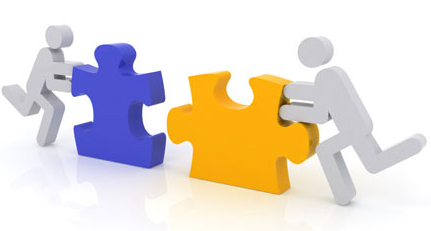What does HR mean to you? People or pathetic?
In a number of recent meetings, the point of HR now being recognised as a “people” function has been raised however, is this just like when we rebranded from historic “personnel” functions? The question that I want to ask is “what does HR mean to you? People or pathetic?”
What’s the difference between HR and People?
I personally associate traditional HR functions as being administrative and transactional. As referred to in earlier blogs “the place you go to get shouted at or the place you go to shout when you haven’t been paid correctly”. For example: ER related issues, payroll processing etc.
I have many friends who genuinely struggle to understand how HR could ever add commercial value to an organisation. However, the reality is that many businesses do not appreciate or consider the importance of people.
Answer me these 3 questions…
- Would the streamlining of your organisational structure benefit your business through reducing costs?
- Would the production of useful management information enable your leadership team to make evidence based decisions, as appose to just going with their “gut feel”?
- Would reducing attrition and retaining your staff reduce costs?
I’ve just given you 3 simple “people” related value adds that could benefit your organisation commercially – guess where they typically sit? HR!!!
To me a modern day “people” function is one that operates in something similar to Ulrich – however, I must emphasise that trying to implement just a model isn’t enough, it’s about making it bespoke to your organisation and your culture. It should be a function that acts as an enabler to the front end of the business – but what are some of the simple ways in which people functions can add value?….
- Employee engagement… engaged employees = higher performance = higher productivity = better quality of service/production of goods = higher customer satisfaction = improved brand… it honestly baffles me that companies think doing an annual survey once a year is going to engage their workforce. Employee engagement is seen as a “nice to have/fluffy thing” in many organisations however, it could easily transform your business.
- Talent development… we should be squeezing the lemon on the people within our business. There is an immense amount of talent that many organisations do not utilise – a modern day people function can optimise the quality of skills within your business.
- Resourcing process… your recruitment process is one of the first touch points that many people will go through with your business. Your ability to attract high quality talent will depend on your recruitment process. However, another question to ask yourself is how many of your candidates are potential customers? If they have a bad recruitment experience are they going to buy from you? How much power does the potential candidate have to dent your brand, all because of one bad recruitment experience?
Again, just a couple of simple examples of the benefits of having a function that is seen as people.
Just remember your TOM (target operating model) is made up of people, process and technology. Nowadays organisations invest heavily into new cloud solutions, as well as bringing continuous and process improvement skills into their businesses. However, how many are investing into the people part of the operating model?
To me process and technology are just enablers, your people drive your business.
As always open to comments/feedback. Likes and shares are also appreciated. Please feel free to reach out if we are yet to be introduced.
Harry Wright
Client Relationship and Delivery Consultant
Rencai Group






